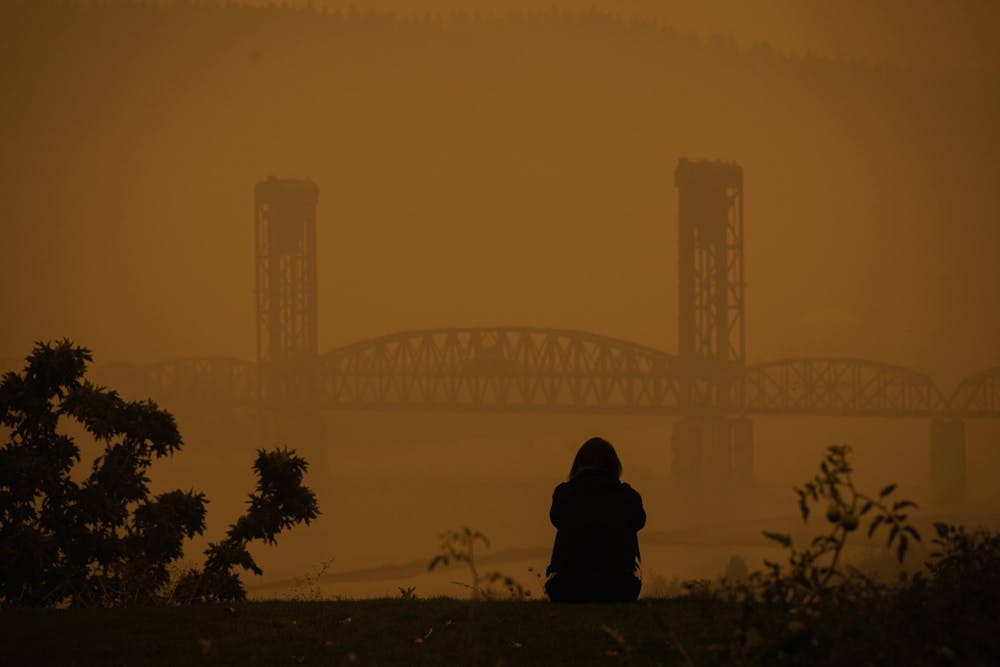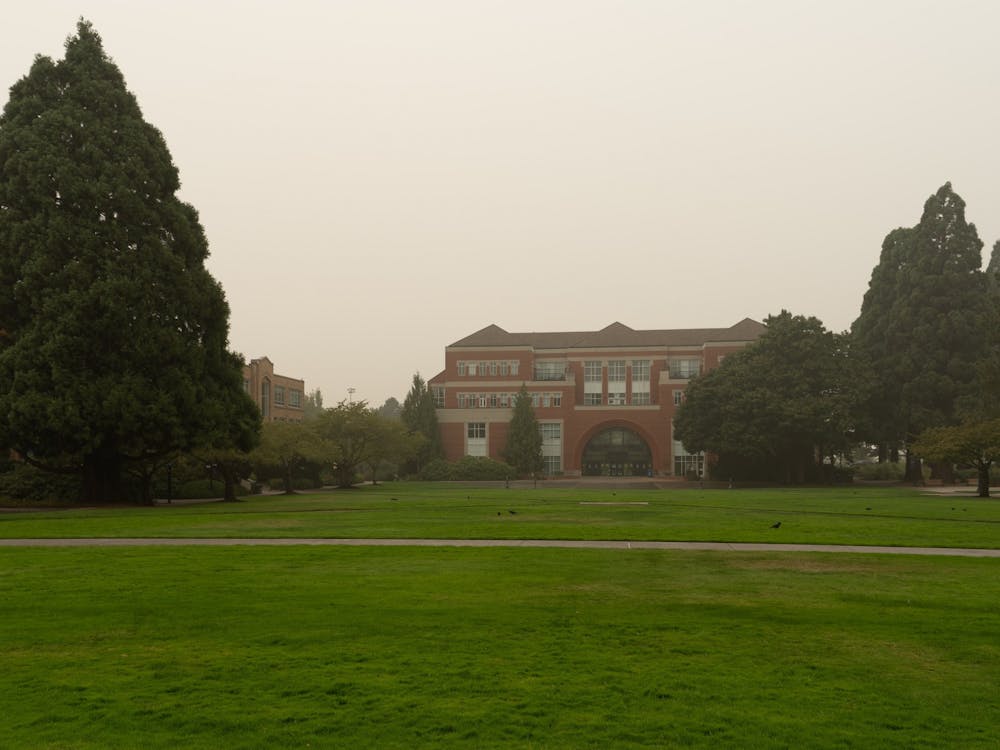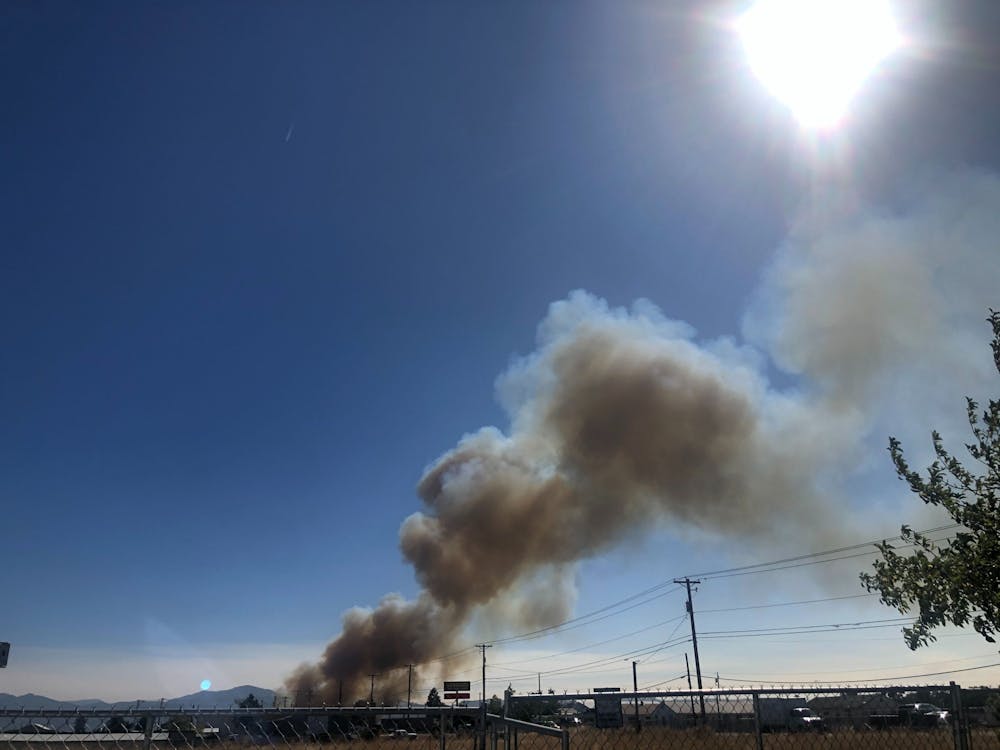The University of Portland’s campus, usually full of sunshine and gradually cooling nights at this time of year, is consumed in a toxic cloud of smoke from the raging West Coast wildfires. This has left the Bluff and much of Oregon with “unhealthy” or even “hazardous” air quality, and today Portland recorded the worst air quality of major cities in the world for the second day in a row.
An air quality advisory was put into place on Sept. 10 in Oregon and Southern Washington and will be extended until Monday Sept. 14 at least, according to an email sent by the Oregon Department of Environmental Quality (DEQ).
Given the dangerous climate and health risks the smoke poses, it is important that everyone stays indoors as much as possible. Those with underlying health conditions should exercise extreme caution when going outside, and limit exposure to the air.
“Smoke can irritate the eyes and lungs and worsen some medical conditions,” the DEQ email said. “Young children, adults over 65, pregnant women and people with heart disease, asthma or other respiratory conditions are most at risk.”
Masks have become an essential item in the midst of the coronavirus pandemic, but very few offer any protection from the hazardous pollutants in the air. The only type of mask that may reduce the impact of the smoke are N95 respirators, which are limited in supply due to COVID-19.
Those in the area should continue to track air quality daily, as shifts in quality can occur rapidly, according to the DEQ. The air quality will likely remain dangerous until the fires begin to be contained.
Austin De Dios is the News and Managing Editor of The Beacon. He can be reached at dedios22@up.edu.








